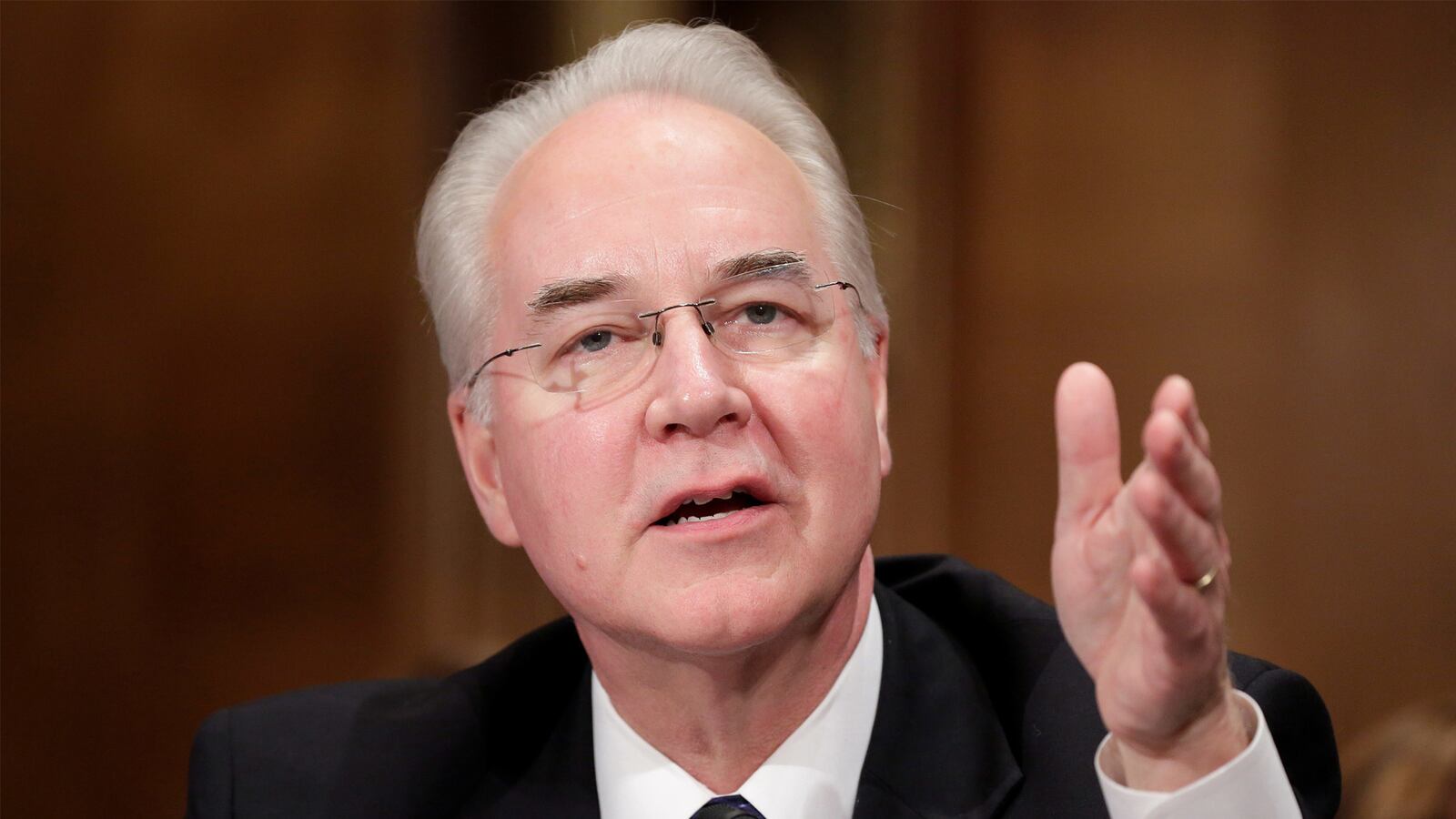On November 9, 2016, I glanced at my schedule and saw that the next patient was here to receive an intrauterine device (IUD), a form of highly effective long acting contraception. I greeted her and asked her to confirm that she still wanted an IUD today. She became very emotional and exclaimed, “Yes, of course I do. I’m so glad I had this appointment already, because in a couple of months I might not be able to afford an IUD.”
I listened to her tearfully describe her fears and anxieties about what reproductive health care might look like under the new administration. Would Roe v. Wade be overturned, and could women really be punished for ending a pregnancy as Trump suggested? Would the Affordable Care Act (ACA) and its contraceptive coverage be repealed, leaving women without access to coverage for pre-existing conditions, preventive healthcare, and birth control? Would religious exemptions allow employers to deny coverage of routine medications and lifesaving procedures for women?
As I listened to her concerns, I became emotional—and deeply unsettled. I wondered how the new administration would affect my ability to care for my patients. We cried together and then I put in her IUD, a reliable form of birth control that could outlast a Trump presidency.
At the time, neither of us knew exactly what to expect from the new administration, but my fears became more serious when President Trump nominated Rep. Tom Price, a fierce opponent of the ACA, to serve as the head of the Department of Health and Human Services (HHS). Price has voted to repeal the ACA 65 times, and he vehemently opposes mandating that health-insurance plans provide access to contraception without additional co-pays for all women.
Just after 2 a.m. Friday morning, the Senate confirmed Price, meaning HHS is now headed by a man whose rhetoric is alarming, and whose view of women’s health care is wildly uninformed. In 2012, when questioned about whether low-income women would be harmed by repeal of the contraceptive coverage, he responded, “Bring me one woman who’s been left behind. Bring me one. There’s not one. The fact of the matter is this is a trampling on religious freedom and religious liberty in this country.”
It is deeply concerning that the head of HHS, and a physician, does not understand how many women struggled to access reproductive health care before the ACA. As an OB/GYN, I practice medicine based on scientific evidence and facts. And the facts are that 55 percent of women age 18 to 34 struggled to afford their birth-control prescriptions at some point, according to a 2014 Hart Research poll. According to the Guttmacher Institute, 20.2 million American women were in need of publicly funded family-planning services in 2014 alone. Repealing the ACA and defunding family-planning programs could be devastating for American women.
As head of HHS, Price will be empowered to roll back the ACA’s contraceptives benefits without congressional approval. Despite Price’s assertions in 2012, many women would be “left behind” if the ACA’s contraceptive mandate were repealed. Long-acting reversible contraceptives, like the IUD that my patient requested, have high upfront costs that could become prohibitively expensive for many women without the contraceptive mandate.
My patient’s anxiety was legitimate and very real. According to Planned Parenthood, similar concerns about losing access to affordable contraception under the new administration resulted in a nine-fold increase in appointments for contraception and IUDs in the days immediately following the election.
Perhaps the most troubling aspect of Price’s 2012 comment about the contraceptive benefit is that he prioritizes his religious views over the health of women. He would create dangerous and sweeping religious exemptions that would permit employers and insurance providers to exclude coverage of birth control based on religious beliefs. Price will also have the power to expand religious exemptions that could permit hospitals, health insurers, and employers to deny women access to basic health care, withhold information about the full range of treatment options from women with serious pregnancy complications, and refuse lifesaving procedures. Some Catholic and religious hospitals already force medical professionals to deny care that their patients need, and Price could make these restrictions standard.
This is about more than just birth control. More than 55 million women would lose access to no-co-pay preventive services like breast- and cervical-cancer screening. Additionally, millions of low-income women could lose the health insurance acquired through the ACA’s Medicaid expansion. In 2015, Medicaid covered 17 percent of all women age 19-64 years old, covering more than 16 million women. In 2008, before the ACA was implemented, only 10 percent of women were covered by Medicaid.
Even worse, without the ACA, being a woman could once again be considered a pre-existing condition by some insurance providers. Insurers could deny health-care coverage to tens of millions of women, and “gender rating” could permit health insurers to charge men and women different premiums for identical services. Women would have to pay approximately $1 billion more than men for the exact same health care plans.
Repeal of the ACA and institution of widespread religious exemptions to health-care coverage would dangerously affect the health of millions. Religion is important to many Americans, including many of my patients, but no one should have safe, routine and, often times, essential care be dictated by someone else’s religious beliefs. Secretary Price’s personal faith should not be prioritized over the health of American women.
Stacey Leigh Rubin is a board certified OB/GYN and a Physicians for Reproductive Health Leadership Training Academy fellow.



